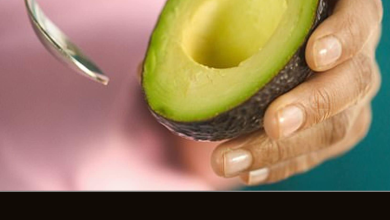1. Mr. Smith Had Four Daughters: Can You Solve This Viral Riddle?

The “Mr. Smith had four daughters” riddle has left many people stumped, despite its seemingly simple structure. It goes like this: Mr. Smith had four daughters. Each of his daughters has a brother. How many children does Mr. Smith have?
At first glance, it’s easy to assume that each daughter has a separate brother, which would give a total of eight children—four daughters and four brothers. However, this answer is incorrect. The key to solving this riddle lies in careful reading.
The phrase “each of his daughters has a brother” doesn’t imply multiple brothers. Instead, all the daughters share the same brother. So, Mr. Smith has five children in total: four daughters and one brother. It’s a great example of how riddles can trick us into thinking too literally or mathematically, when all we really need to do is pay attention to the wording.
2. Teresa’s Daughter: Who Is She Really? Viral Riddles

Here’s another viral riddle that has been making the rounds on social media. The riddle reads: Teresa’s daughter is my daughter’s mother. Who is Teresa to me?
At first, this might sound confusing, but let’s break it down. If Teresa’s daughter is your daughter’s mother, that means you are Teresa’s daughter. Therefore, Teresa is your mother. The trick in this riddle lies in its phrasing—it’s all about perspective. If you try to figure it out too quickly, you might get lost, but slowing down and thinking from a different angle reveals the answer.
3. The Father, the Doctor, and the Patient: A Riddle of Relationships

This classic riddle has been around for a while, but it still manages to stump people. The riddle goes: A father and his son were in a car accident. They were both taken to the hospital, but when the boy was about to undergo surgery, the doctor said, “I can’t operate on him. He’s my son!” How is this possible?
Many people’s first thought is that this riddle doesn’t make sense—after all, the boy’s father was also in the accident. The answer, however, is simple: the doctor is the boy’s mother. This riddle plays on traditional gender stereotypes, and that’s exactly what makes it so effective. It challenges our assumptions and shows how ingrained they can be.
4. The More You Take, the More You Leave Behind: Viral Riddles

Here’s a riddle that is more abstract but just as fun. It goes like this: The more you take, the more you leave behind. What is it?
The answer? Footsteps. This clever riddle forces you to think beyond literal objects. It’s a play on the idea that each step you take leaves a trace behind, even as you move forward. Riddles like this one show how they can twist everyday concepts into brainteasers that make you think more creatively.
5. I Speak Without a Mouth: The Sound of Silence

This riddle, often shared online, challenges your understanding of sound and communication. It reads: I speak without a mouth and hear without ears. I have no body, but I come alive with the wind. What am I?
The answer is an echo. While this riddle might initially seem like it’s describing a living creature, it’s actually a clever way of portraying a sound phenomenon. It’s the kind of riddle that makes you appreciate how we use language to convey ideas in unusual ways.
Riddles like these remind us that sometimes the solution lies not in overthinking but in seeing things from a fresh perspective. They challenge our logic, perceptions, and sometimes even our biases, making them both frustrating and fun. So the next time you come across a viral riddle, take a step back and think outside the box—you might just surprise yourself with the answer!







